English Dub Review: Godzilla The Planet Eater
GHIDORAH, GHIDORAH, GHIDORAH
Overview:
In a last attempt to destroy Godzilla, Metphies summons his deity- the king of the void, Ghidorah.
Our Take:
Godzilla here is set up as literally a god figure, the inevitable outcome of man trying to advance as a society. As Metphies says, every society will inevitably produce a Godzilla when it advances to the point of going too far. Of course, is Godzilla appears, so must his arch-nemesis Ghidorah.
Thing is, I didn’t hate the movie like I did the first one. Ghidorah has always been posed as the supreme alien, either from the future, or from another planet. Here, they give Ghidorah actual physical attributes to emphasize how alien he is, having a massive gravitational pull wherever he appeared, and being able to twist time and space because the laws of this universe don’t apply to him. This Ghidorah comes off as something far more Lovecraftian, being only able to be comprehended by something that knows its true nature, and utterly foreign to something that doesn’t. It also makes him harder to beat, because you can’t fight with something that the laws of your world don’t apply to. That Mothra has a cameo and openly combats him, Mothra being the one consistently good kaiju that is always on the side of humanity, was a nice touch.
Metphies is also a pretty fun villain. We know he’s been shady from the start, but he was extremely close with Haruo, so we didn’t know just how much. He details at the very start why people turn to religion and religious figures, and the tactics used to make cults so potent. Once we know what his race’s overall ideals are and how they got to that point, it all becomes more clear. The Exif have seen the future, and in their search for eternal life, have realized that nothing is eternal. In order to bring that truth to everyone else; that death is the only true thing that is permanent and eternal, they worship the kaiju of the void, Ghidorah, and wish to bring death to all. Metphies has devoted so much time to this ideal, and has put so much faith in Haruo that he’s unable to comprehend why humanity would want anything otherwise. After all, everything comes to an end. Haruo’s decision to go against Metphies shows that humanity isn’t one to idly accept the future, and will continue fighting even knowing the inevitability of their actions.
However, I still stand by my opinions from the first movie, that this series lost track of what makes a kaiju movie fun. Every Godzilla film has some sort of environmental message and is a cautionary tale about whatever anxieties are happening at the time, whether it’s human manipulation and experimentation on species for science, the dangers of pollution, or the tampering of native populations in the name of industry, the list goes on. However, all of these lessons were implied, and acted more as warnings; mankind could do better. Urobuchi, however, decides that mankind in its current form, should die out for the sake of peace. The movie ends with Haruo ramming the vulture into Godzilla, declaring himself the final vestiges of man’s hatred, and destroying any hope of recovering advanced technology that humanity has build up over the ages. What sort of resolution is that?
Kaiju movies are still cautionary tales, but they’re still warnings, warnings that if heeded, would improve the world. In the end. And sure, I definitely wanted to watch a kaiju film about how the human desire for improvement on any regard will bring nothing but destruction, and the current state of mankind can only be cured by us dying off. Because that totally is about the genre’s staple of warnings and accepting faults, right? Unfortunately, the lesson of the movie isn’t that society can be reformed, but that technology and wanting to be learn and advance will kill us. Not what we do with those advancements that’s bad like in so much speculative sci-fi, but that the existence of them will ultimately lead to our destruction. I don’t find the message repulsive because mankind is in the wrong- mankind is in the wrong in just about every kaiju film every made. However, the fact that this film tries to say that mankind is useless and should be swept up by oblivion- that is something I never wanted the genre to step into. It’s dull and boring, and way to suck the fun out of a good franchise, Urobuchi!
What really gets me is that this kind of moral that is born from a dark place isn’t an anomaly, because we have another base of comparison. We have always known Urobuchi suffers from some kind of severe depression, as it’s clear in every single interview that he’s given. All of his stories are formulaic in the kind of despair they put out, namely that individual action is ultimately futile in the shape of the larger churnings of the universe. These stories are very obviously Urobuchi working out the dark parts of him, the negative emotions that he feels, and putting it into his own work. As a writer suffering from depression myself, I know what that feels like. However, there’s someone else who suffers from depression and has made a Godzilla film, that being Hideaki Anno, who was in charge of creating Shin-Godzilla. In Shin, humanity is still largely at fault, and is responsible for Godzilla coming into being, but the end message isn’t as bleak. Shin poses that even though the current structure of the government is flawed, with hard work and alliances formed by the new generation, averting a massive disaster is possible. It poses an imperfect present that can be potentially beaten by a possible future, unlike the trilogy’s utterly bleak approach. Also, Shin is fun! Fun is never a word I would use to describe this trilogy, which felt a lot like being dragged through the mud. That two creators with depression have created movies from the same franchise that put their anxieties forward- yet one is a good time to watch while the other feels awful. At that point, it’s not just having a bleak outlook, but being unable to comprehend the heart of the series. Anno succeeded while Urobuchi failed miserably.
I’m torn about this movie. It introduced some cool things, and as a movie itself, it wasn’t bad. Ghidorah is one of my favorite kaiju, and I love seeing him and Godzilla fight. But as for the overall message it puts forth and what is brings to the genre, it was terrible, and there’s no way I could recommend this trilogy in good faith.

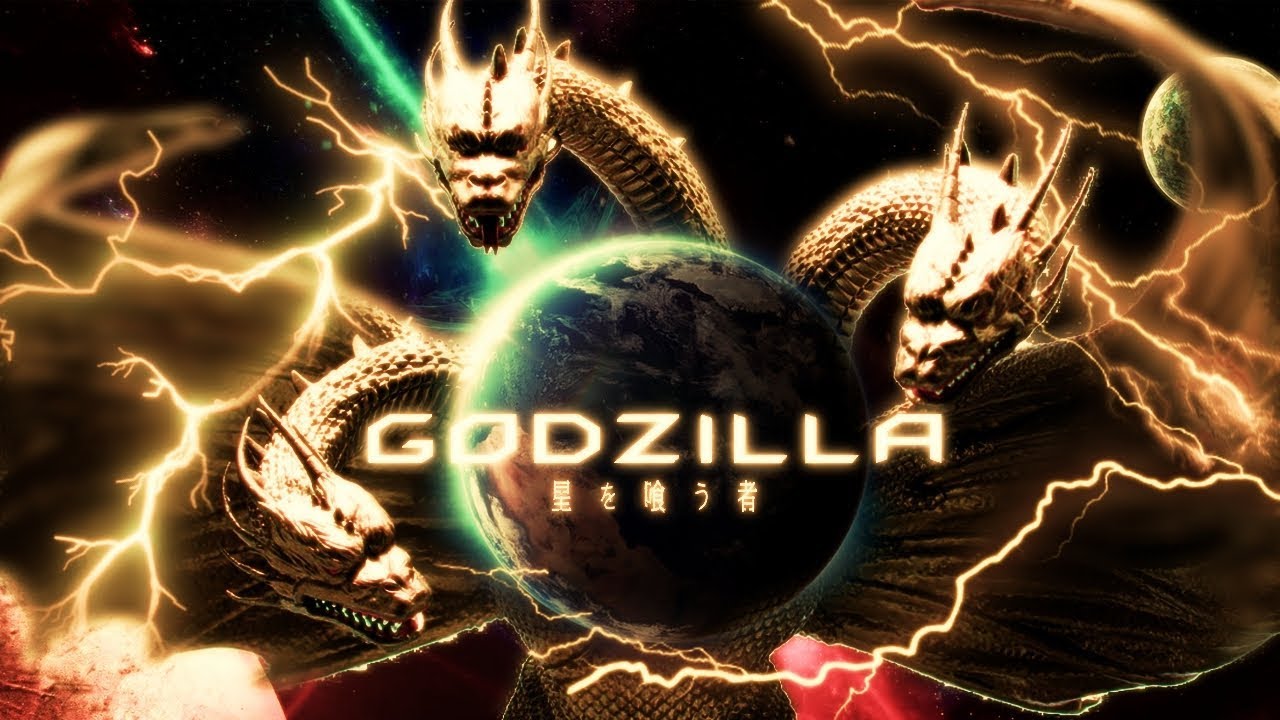
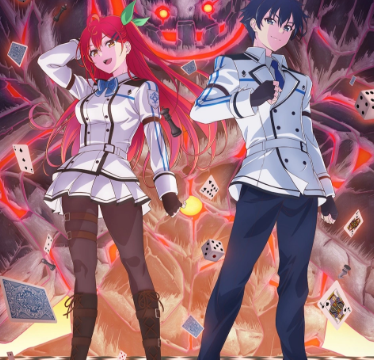
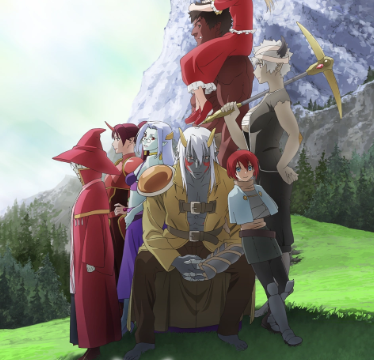
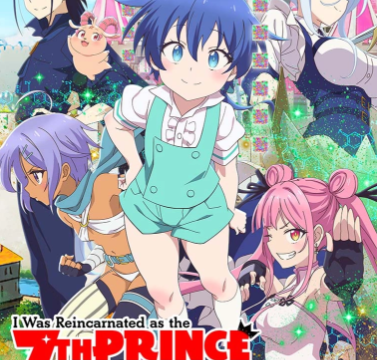

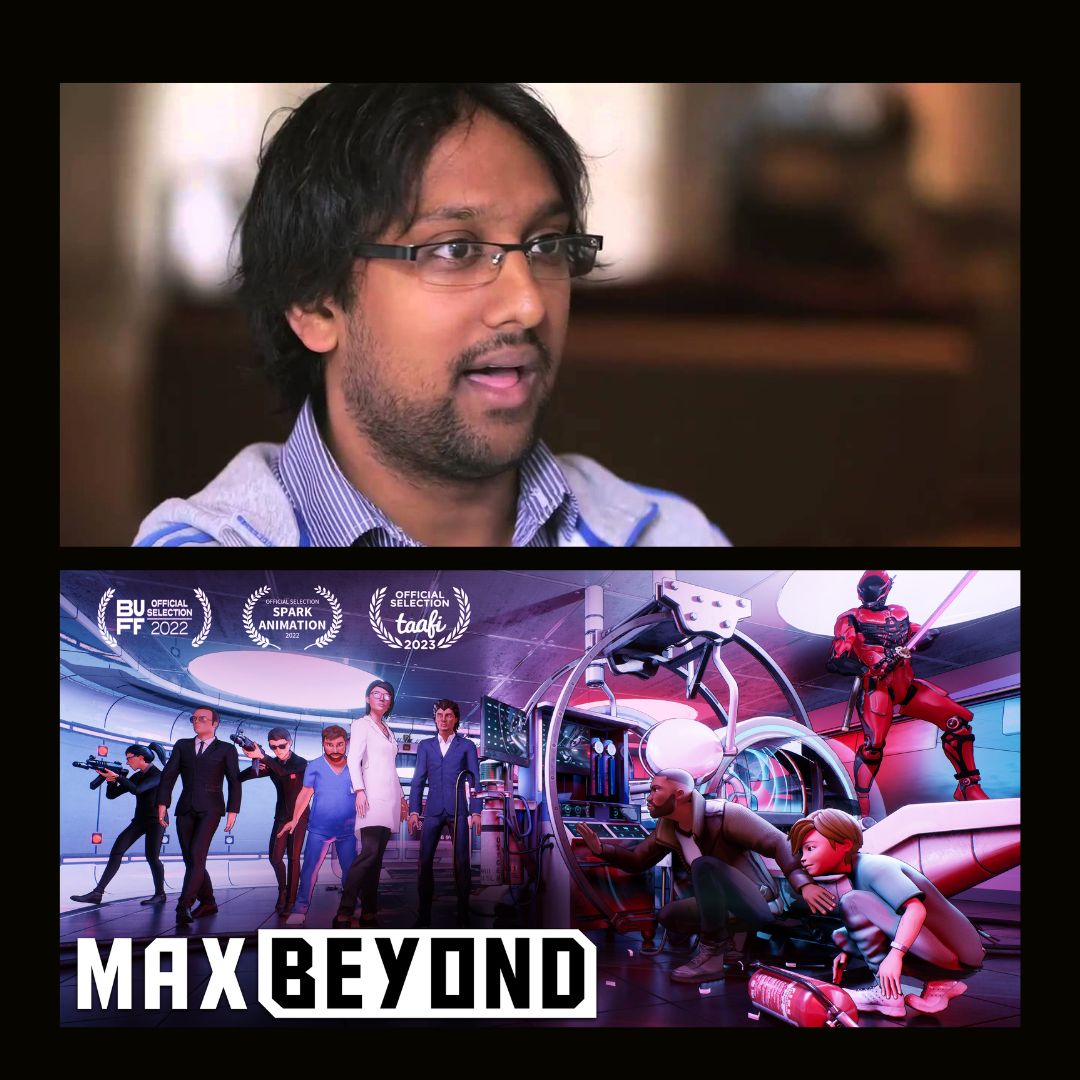



















Hi Ashley, thank you so much for reading and we love the feedback. Note that on that day we had 14th posts go up and only ten posts show on the front page, so it's possible the preview had already been archived by the time you got to it. One recommendation would be to add our RSS feed to your favorite news aggregator service like Feedly, this way you get all of the latest posts!